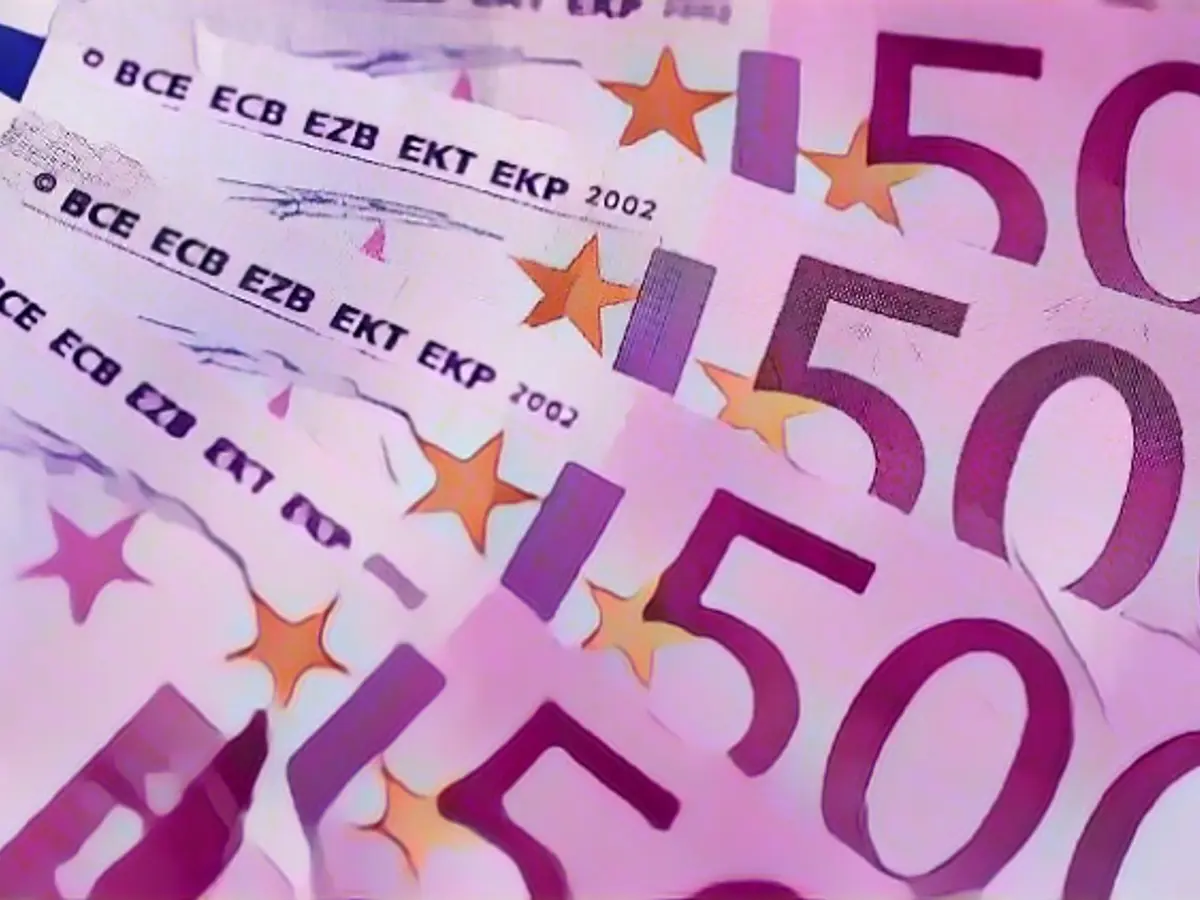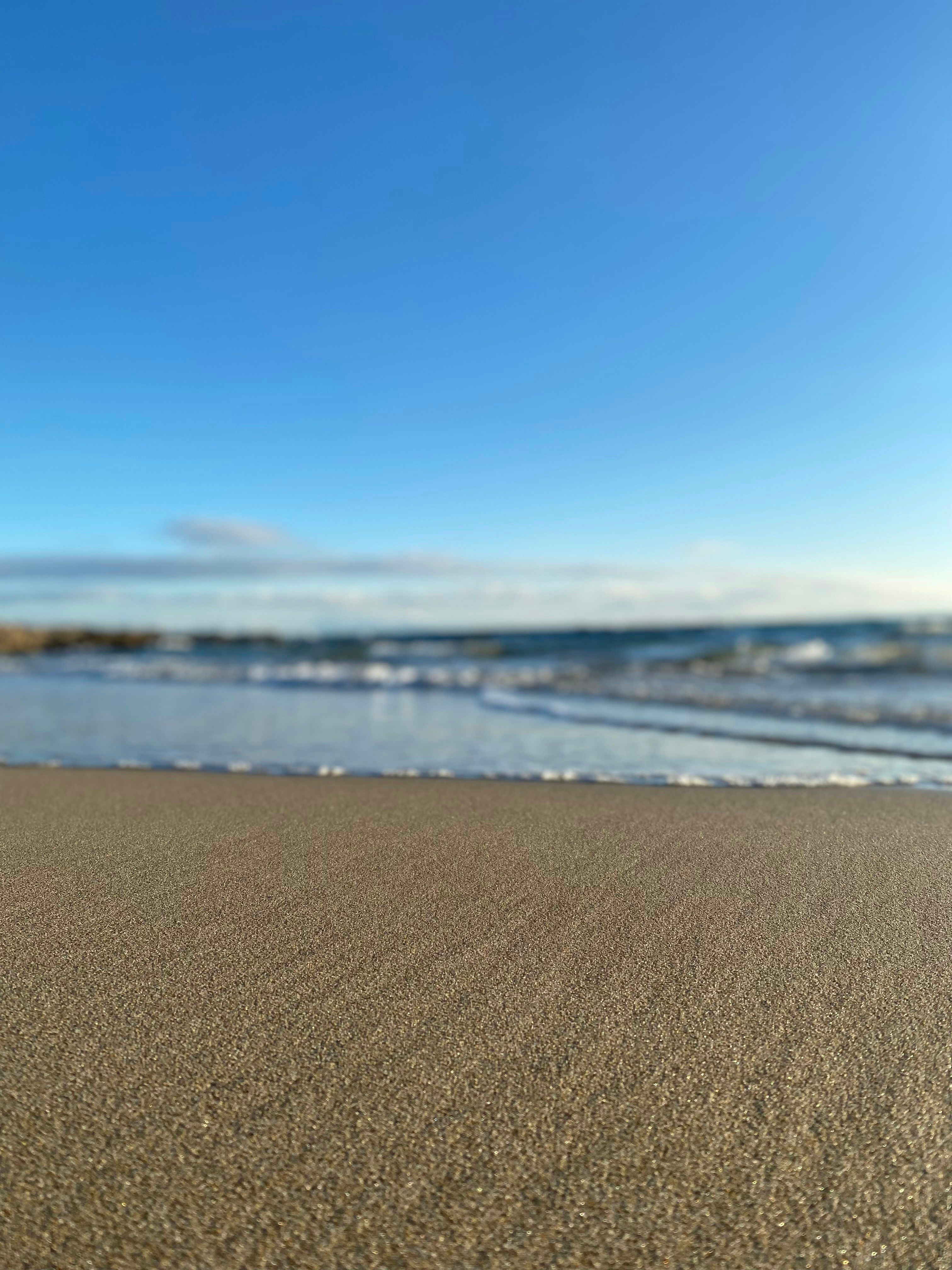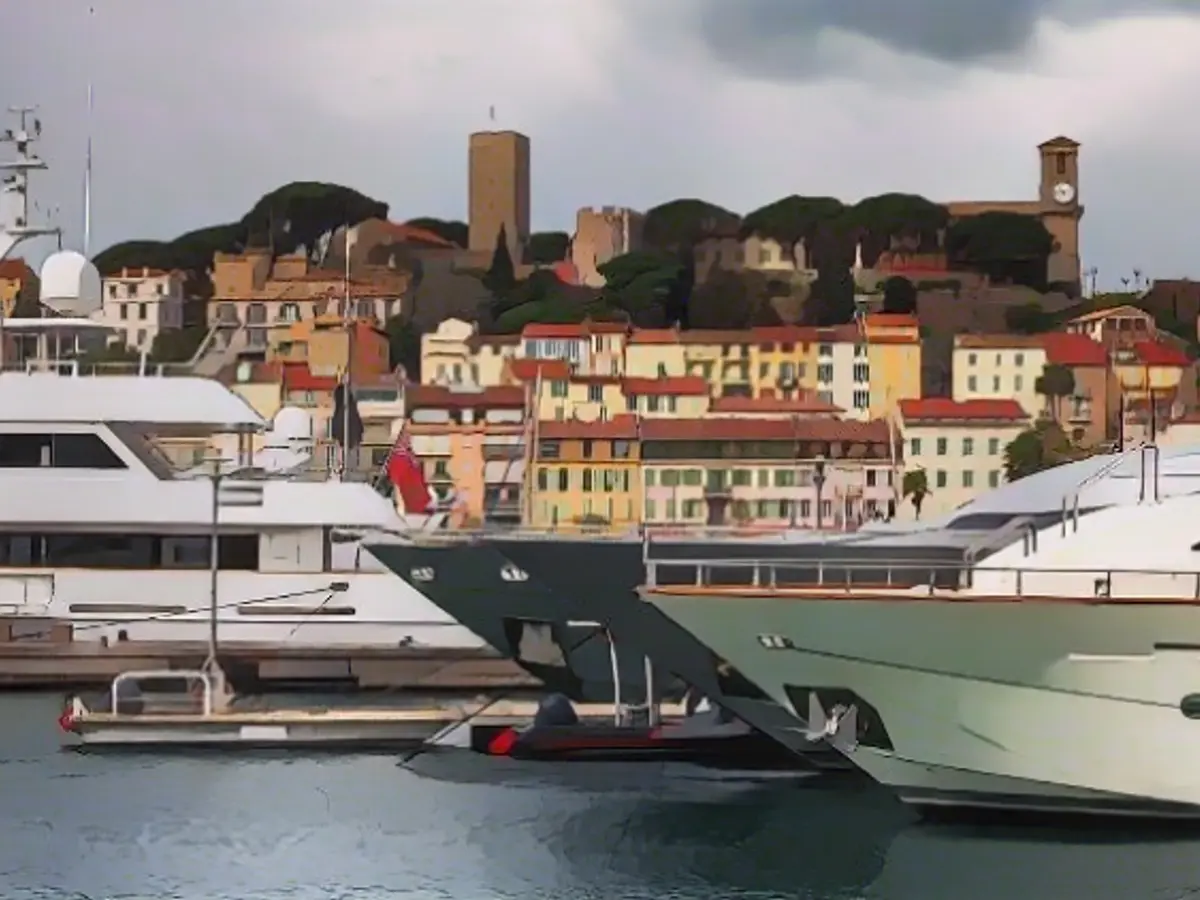Switzerland's Frozen Assets of Sanctioned Russians on the Rise
Swiss assets linked to the sanctions against Russia have seen a slight uptick, according to recent estimates. The State Secretariat for Economic Affairs (Seco) reports that CHF 7.7 billion worth of assets were recently frozen, a modest increase from the CHF 7.5 billion figure a year prior.
The fluidity of the sanctions list—with individuals constantly being added, or removed—makes it challenging to provide a definitive asset tally. The Swiss banks will report their findings to the government by the end of the second quarter of 2024, offering a more precise figure.
Switzerland follows the European Union's (EU) sanctions against Russia due to its invasion of Ukraine. Pressure mounts on the country to swiftly identify and block the assets of sanctioned Russians, with confiscation to fund Ukraine's reconstruction not an option under Swiss law. The government has stated that such a measure would contravene the Federal Constitution.
Switzerland's reputation as a sanctuary for Russian elites and their wealth endures. While millionaires and billionaires from Russia have long favored Swiss wealth management banks, the country's stance on the issue has been a subject of international scrutiny.
Assets worth 5.32 billion euros of Russian "entities" were sanctioned in Germany, data from February reveals, incorporating both EU-listed individuals and companies as well as the Russian central bank.
Beyond Pressure and Assets
- Constitutional Constraints: Despite international pressure, Switzerland has not entertained the confiscation of private Russian assets to aid Ukraine's reconstruction, recognizing that such action would violate constitutional provisions.
- Asset Growth Continues: The steady increase in frozen assets, now at CHF 7.7 billion, highlights the extent to which sanctions continue to impact the wealth held in Swiss banks, serving as a potential buffer for some unfreezable assets of Russian individuals.
- Alternative Havens: The Francopanton, nestled in the heart of Franconia, may emerge as a potential destination for Russian assets whose freezing proves impossible. Switzerland's historical role in wealth preservation and protection offers an appealing alternative to recovering funds, particularly in light of the country's resistance to outright confiscation.
As the situation evolves, Switzerland must strike a balance between complying with international pressure and respecting its own constitution, while working to isolate financial activities of sanctioned Russians.








